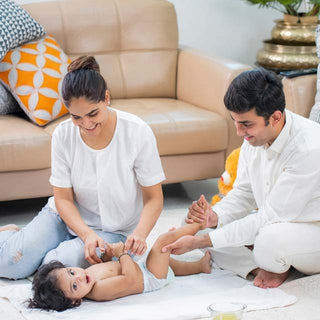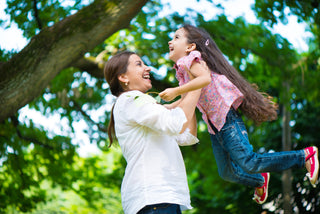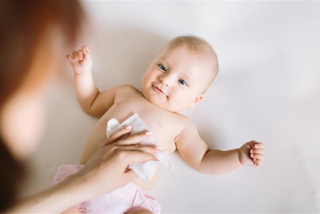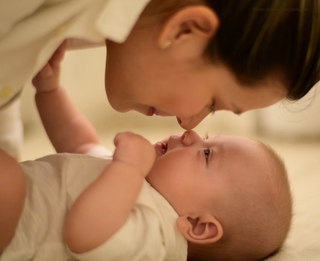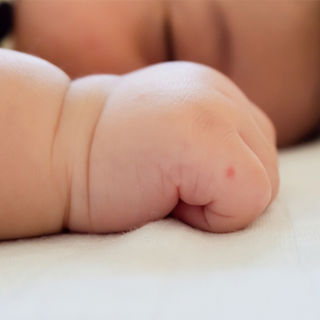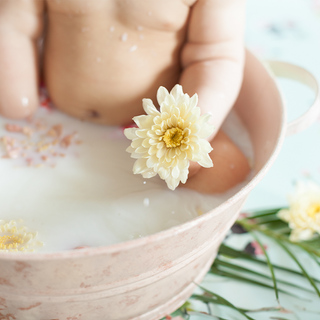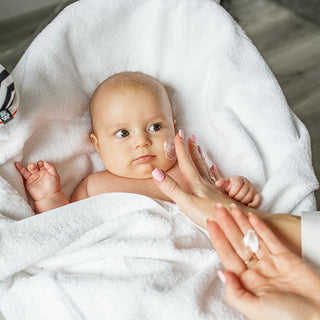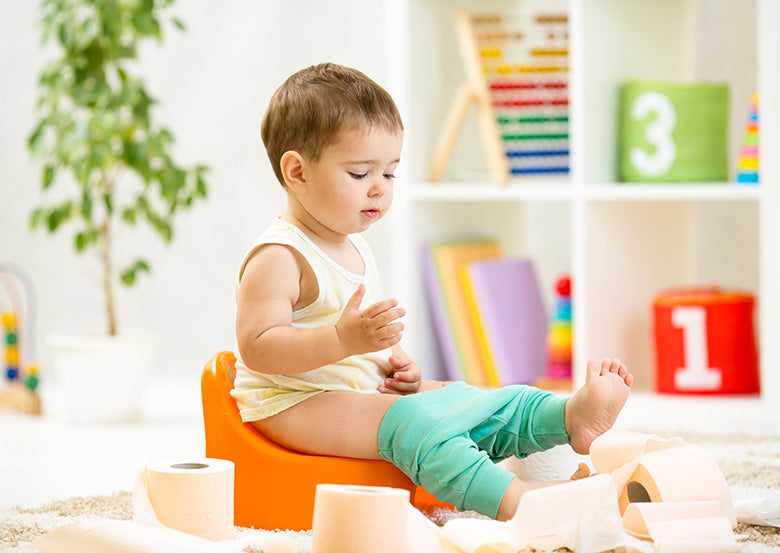
Getting potty trained is not only a huge milestone for your little one, but also a pretty big achievement for you as well. It means the end of countless rounds of diaper duty, and truth be told, which parent isn’t ready for THAT?! So, if your child is ready to take the next step, we’ve put together all the tips, tricks and information that you’re going to need to help them make the transition successfully. Let’s get started!
What is the definition of potty training?
First, let’s cover our basics. Potty training or Toilet training is the process of teaching a child to control their bladder and bowel movements and to use the bathroom when they need to urinate/defecate. Your child can be said to be potty trained when he or she goes to the bathroom independently and can adjust his/her clothing before and after using the bathroom.
At what age should you start potty training?
Just like with your child’s other developmental milestones, there are no strict guidelines as to when you should start the potty training process. On average, most children are ready to begin potty training between 18 to 30 months of age. Some are potty trained by age 3 while some might take much longer. Don’t get frustrated if your child is on the higher end of that spectrum. The only thing to remember is that you should begin the process ONLY when your little one seems ready. If you begin before your child is mentally/physically ready, it can lead to setbacks and can even delay the process a lot more. As a parent, your job is look out for certain signs that your toddler is ready to begin potty training. We’ve outlined these below.
What are some of the signs that your child is ready to begin potty training?
-
The diaper stays drier for longer
Naturally, babies do not have enough bladder control to be able to keep their diapers dry for too long. So, when you notice that your child’s diapers are staying dry for longer periods of time, it could be a sign that he is physically ready to start the process of potty training. A good indicator is if your child is able to keep the diaper dry for two hours at a time, or even when the diaper is still dry after your child wakes from a nap.
-
Your child likes to talk about the subject
Has your little one started using bathroom terminology and does he/she have a basic grasp of the concept? Does he/she ask you bathroom-related questions from time to time? Make sure you satisfy your child’s curiosity and keep the lines of communication open. Talk to them about this subject in a positive way and see if they show interest.
-
When your child shows or tells you they’re ready
If you’ve been talking about this subject with your child for a while, then your little one might be aware of and start using certain words when he wants to use the bathroom. These could also be non-verbal cues in the form of particular expressions or even pointing fingers so it’s important to look out for those as well.
-
Your little one gets upset with wet diapers Does your little one express disappointment or get upset because of wet/soiled diapers? Does he/she ask you to actually change the diaper when it’s wet? If your child has tried to communicate this to you, it might mean that they’re ready to take the next big step!
-
You have a basic potty schedule in place
Do you have a set potty routine in place? This could mean that your child routinely poops right after mealtimes or right before bedtime. A set schedule can make potty training much easier as you know when your baby needs to use the bathroom, and can thus encourage them to go at these timings. Of course, this sign must also be paired with all the other signs that your child is ready to begin.
-
Your child has started to perform certain tasks independently
Potty training is easier when your child has passed certain developmental milestones. If he/she can walk on their own and can pull down their own pants or adjust clothing in order to be able to go to the bathroom, it’s a good sign that they might be ready.
How long does it typically take to potty train your child?
This can differ from child to child. It could take a few weeks or a couple of months or even a full year to completely potty train your child. There is no set formula. That being said, nighttime potty training is harder to achieve and most children don’t stay completely dry through the night until they are 5-7 years of age. No matter how long it takes, make sure you stay positive and offer lots of praise and encouragement along the way.
What are the tools you will need to prepare yourself and your child for potty training?
Make potty training easier for yourself and your child by equipping yourself with the right tools before you begin. Here’s our checklist of the items that you will probably need when you start potty training.
- A standalone mini-potty, or a potty seat that you can place over the adult pot
- Step-stool
- Pull-ups, and/or, cloth potty training pants
- Proper underwear, once your baby begins to have fewer accidents
- Fun & informative videos or potty training books for toddlers
- A mattress protector or pad for nighttime incidents





